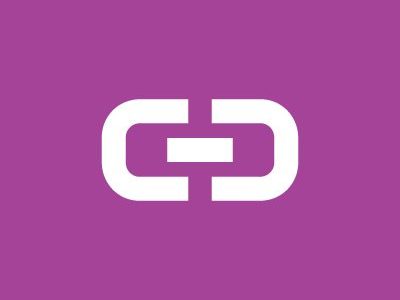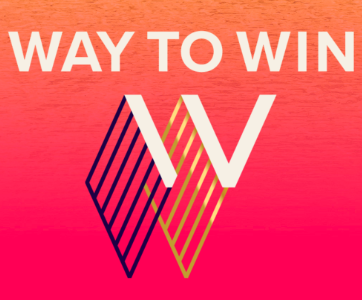Utah medical cannabis patients have gotten used to a cash-only system, as many banks and credit card companies still refuse to work with cannabis businesses. Now, in light of the hassle and potential theft risk that causes, as well as sanitation risks due to COVID, a new app that allows for cashless transactions is being rolled out.
“People want a very similar experience to what they have with CVS or REI or anywhere else, where you do curbside pickup,” said Chris Jeffrey, managing partner and CEO of WholesomeCo Cannabis, the company that runs West Bountiful pharmacy. “Avoiding the whole need for cash is something that consumers want.”
This new system will be helpful, as it will allow patients to keep from touching cash or paying hefty ATM fees. It also makes transactions feel more legitimate and eliminates constant cash drops or high security surrounding the business carrying so much cash. Hopefully, it will also get rid of the feeling that both buyers and sellers of cannabis are still doing something wrong.
Of Course There’s An App For That
The app that is saving the day when it comes to digital transactions is called Hypur. Use of Hypur is aesthetically similar to Venmo, as it simply allows users to send money from their bank account directly to the cannabis pharmacy to complete the transactions. The app is free for users, although any pharmacies will have to pay a fee, just like they would for a payment service through a bank or credit card provider.
“It just makes it so patients now don’t have to carry a bunch of cash with them, and that is a major public safety concern,” said Richard Oborn, who heads the Center for Medical Cannabis for the Utah Department of Health. “I can understand why they wouldn’t want to be running around with $100 or $200.”
While the app does charge a little for companies, Oberon expects that many will want to get on board about this. However, he does admit that some patients might be wary of connecting an app like this to their bank account, since they’d see that as another admission that they use their money to buy cannabis. However, he doesn’t think it will become a major setback.
“But I think the trade-off is worth it for many cannabis patients,” he said, adding that more than 10,500 Utahns have registered as medical cannabis card holders since the state rolled out its program about seven months ago.
And most agree that this is the first attempt at such a thing, and since trial-and-error is involved, it is a strong first step.
“It’s a nascent industry, and we’re in the early inning,” Ross Lipson, CEO and co-founder of Dutchie, said. “It’s all uncharted territory, and there’s a lot of rules and regulations … that we have to build into the system to help the dispensaries stay compliant.”
Regardless of the hiccups rolling something like this out, Hypur will make cannabis transactions a lot more easy for medical patients and could help pave the way for the future of electronic cannabis transactions.


